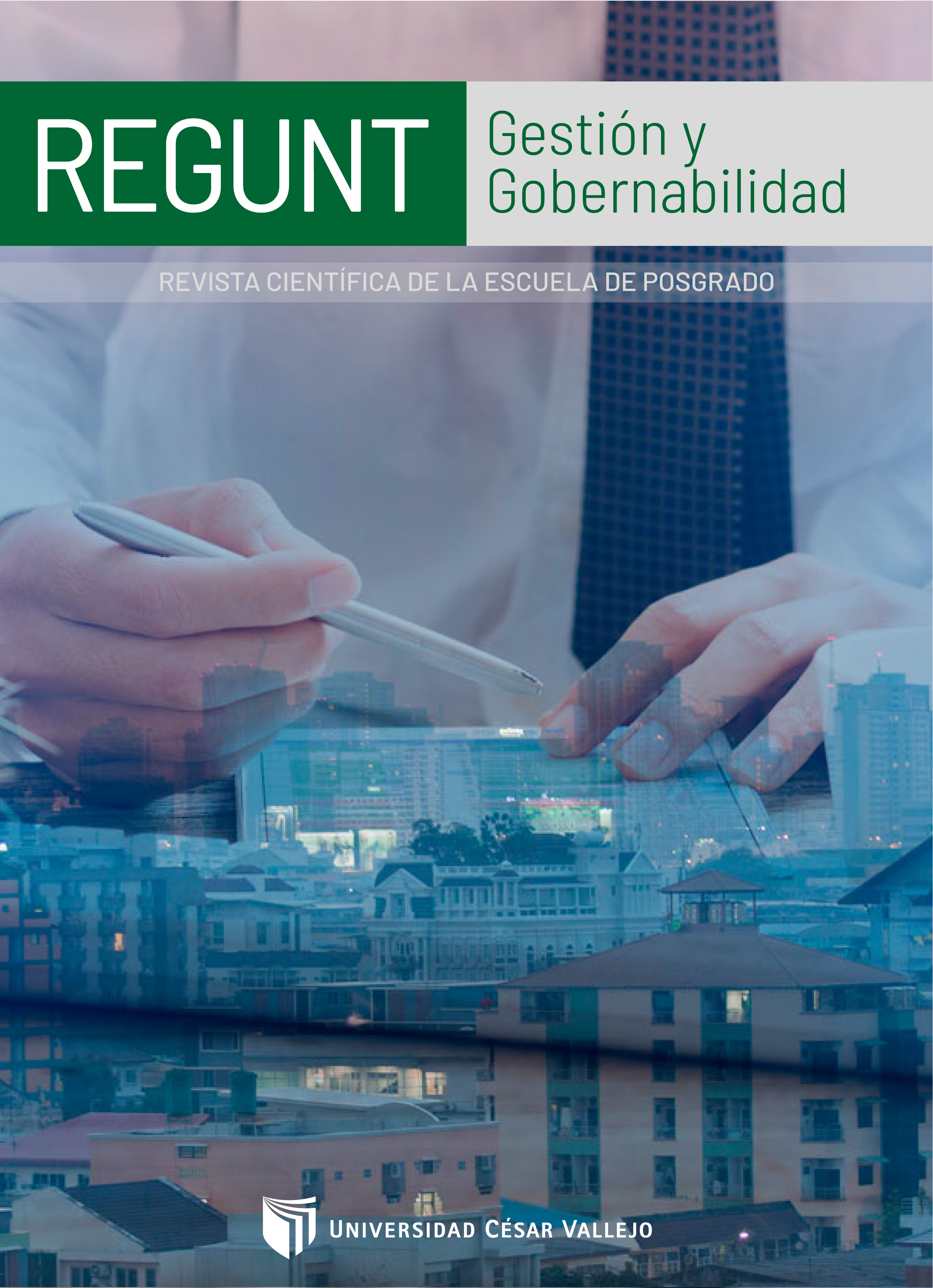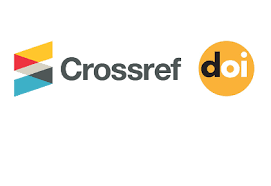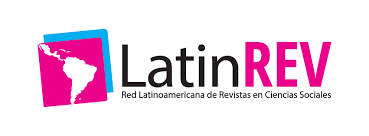Governance and elections: a systematic review
DOI:
https://doi.org/10.18050/regunt.v2i1.01Keywords:
governance, elections, democracyAbstract
The functioning of the state as a whole is one of the most recurrent aspects in terms of the confluence of the powers that comprise it, as well as the legitimacy of the rulers. This should be a reflection of the will of the people, as well as the expression of the people’s will, embodied in the results of all electoral and post-electoral disputes. In this context, governance is assumed to be a balance of powers in the management of a country’s destiny, conceived in turn as the institutional architecture that sustains good government, within the framework of governance.
The objective of the study was to investigate how information has been produced in recent years with respect to governance and elections. The methodology used was based on the search for data in Scopus, selecting texts referring to governance and elections.
Among the conclusions, it was found that there is a marked presence of the term governance together with democracy and elections.
References
Barberán, P. M. (2017). Elecciones representativas y legitimidad democrática: una mirada desde las concepciones normativas de la democracia. Revista de Derecho, 30(2). https://bit.ly/3h0wpYW
Basabe-Serrano, S., y Martínez., J (2014). Ecuador: cada vez menos democracia, cada vez más autoritarismo… con elecciones. Revista de Ciencia Política, 34(1), 145-170. https://bit.ly/3h16FM0
Castilla, J. G., Fernández, Y. M. M. C., y García, J. M. C. (2022). Governance in Latin America: Between the Philosophical Dimension and Citizen Power. Revista de Filosofía (Venezuela), 39(102), 218-228. https://doi.org/10.5281/zenodo.7042316
Cerino, L. M. C. (2019). Scales of governance: The case of the haitian migration flow in the american continent. Migraciones Internacionales, 10(36). https://doi.org/10.33679/rmi.v1i1.2155
Córdova Jaimes, E. (2020). Governance and life project: (re) thinking the post-pandemic society. Utopia y Praxis Latinoamericana, 25(Extra 8), 14-29. https://doi.org/10.5281/zenodo.4081853
Curto-Rodríguez, R., y Pascual-Fernández, P. (2021). ¿Se está elevando al cuadrado la lucha contra la corrupción en los estados mexicanos? Comunicación de datos públicos reutilizables. Gestión y Política Pública, 30(3), 115. https://doi.org/10.29265/gypp.v30i3.962
Mondal, S., van Belle, S., y Maioni, A. (2021). Learning from intersectoral action beyond health: A meta-narrative review. En Health Policy and Planning (vol. 36, Issue 4, pp. 552–571). Oxford University Press. https://doi.org/10.1093/heapol/czaa163
Monsiváis-Carrillo, A. (2022). Perception of Electoral Integrity, Trust in Elections, and the Conditional Role of the Understanding of Democracy: Addressing the “Mexican Paradox”. Colombia Internacional, 110, 89-121. https://doi.org/10.7440/COLOMBIAINT110.2022.04
Morillo, J. (2020). Gobernabilidad y participación ciudadana en el desarrollo local de Lima, Perú. Revista Venezolana de Gerencia, 92, 1313-1329. https://doi.org/10.37960/rvg.v25i92.34264
Oré Kovacs, N. (n. d.). Argumentos preliminares para una epistemología política: La vigilancia epistemológica y la función política del investigador Preliminary Arguments for a Political Epistemology: Epistemological awareness and the political function of the researcher. Ciencias Sociales Rev. Epistemol. Psicología. Cienc. Soc. (Arequipa) 2021, 4, 105-114. https://orcid.org/0000-0001-8547-4755
Pérez-Curiel, C., y Domínguez-García, R. (2021). Political discourse against democracy. Trump ‘s populism, bias and fallacy after the US elections (3-N). Cultura, Lenguaje y Representación, 26, 7-29. https://doi.org/10.6035/clr.5807
Puig, S. M. i. (2020). América Latina: votos y democracia. Revista CIDOB d’Afers Internacionals, 126, 261-278. https://doi.org/10.24241/RCAI.2020.126.3.272
Rahman, M. S., Sarker, P. K., Hirono, R., y Giessen, L. (2020). Implications of development cooperation and state bureaucracy on climate change adaptation policy in bangladesh. Climate, 8(10), 1-24. https://doi.org/10.3390/cli8100118
Weiler, J. H. H. (2020). La geología del derecho internacional: gobernanza, democracia y legitimidad. Revista Derecho del Estado, 46, 3-24. https://doi.org/10.18601/01229893.n46.01
Witker, J. (1991). Cómo elaborar una tesis de derecho. Pausas metodológicas y técnicas para el estudiante o investigador del derecho. Editorial Civitas.
Yuni, J. A., y Urbano, C. A. (2014). Técnicas para investigar. Recursos Metodológicos para la Preparación de Proyectos de Investigación (vol. 2). Editorial Brujas.
Downloads
Published
How to Cite
Issue
Section
License

This work is licensed under a Creative Commons Attribution-NonCommercial 4.0 International License.
La Revista Regunt usa la licencia Creative Commons de Atribución; pudiendo:
Compartir — copiar y redistribuir el material en cualquier medio o formato
Adaptar — remezclar, transformar y crear a partir del material
para cualquier finalidad, incluso comercial.










